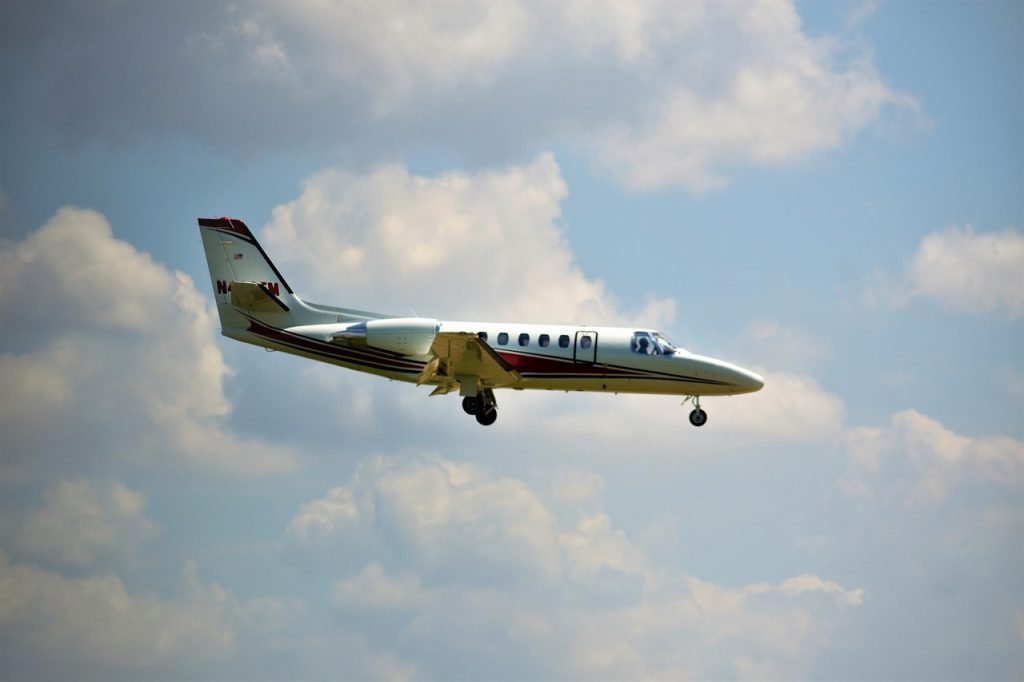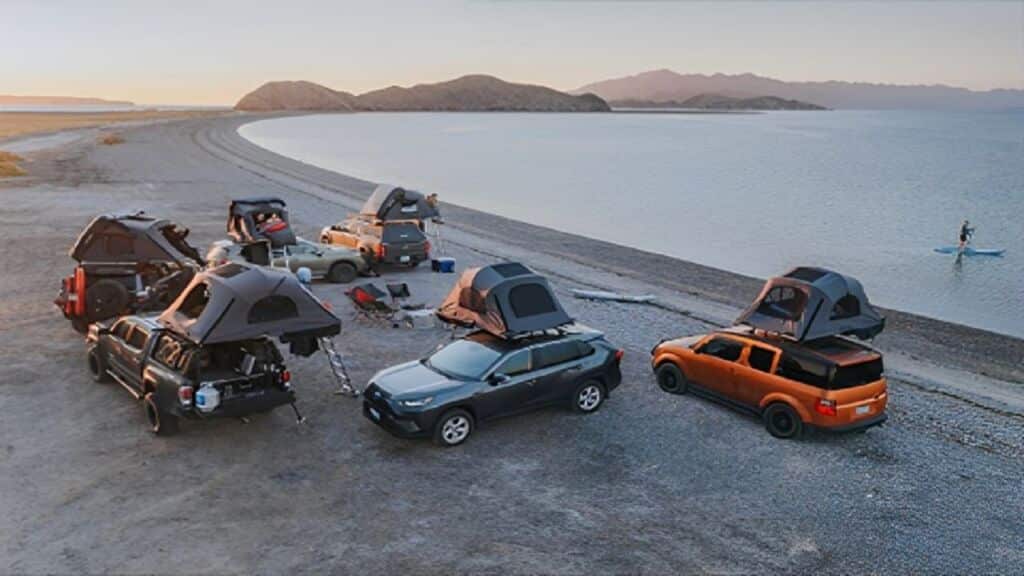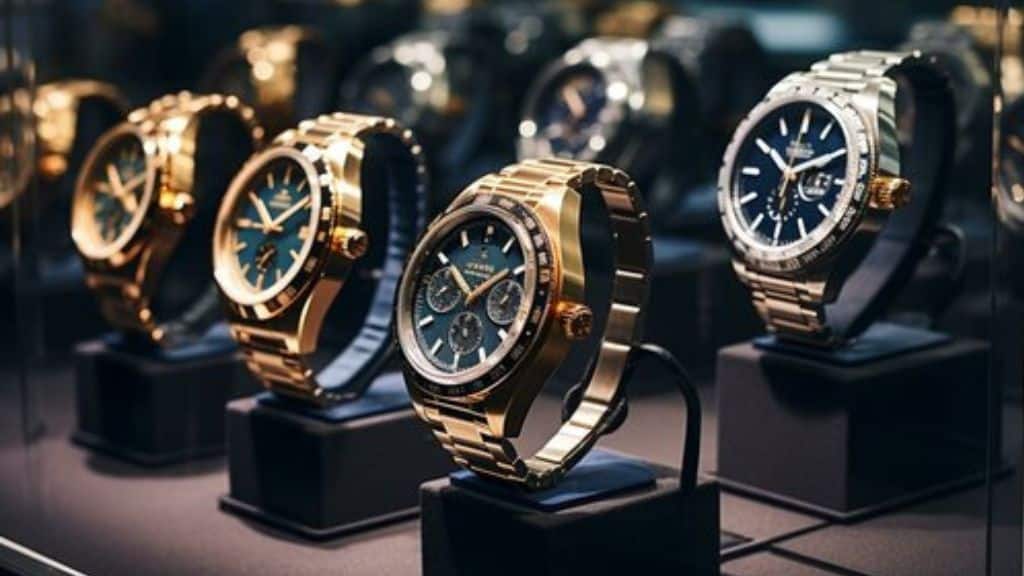Most Expensive Hobbies are more than just a way to pass the time they reflect our passions, identities, and sometimes, our status. While many people enjoy affordable activities like reading, hiking, or knitting, others indulge in hobbies that come with eye-watering price tags.
These hobbies often require significant investments in equipment, travel, training, and maintenance, making them the domain of the ultra-wealthy. In this article, we explore some of the most expensive hobbies in the world and what makes them so costly.
1. Yachting

Few hobbies scream luxury like yachting. Owning a yacht is not just about having a boat; it’s about having a floating mansion that requires millions to purchase and maintain. The cost of luxury yachts can range from $5 million to over $100 million, depending on the size and specifications. But the expense doesn’t stop at the initial purchase.
Yacht owners also have to factor in docking fees, which can run into thousands of dollars per night in high-end marinas, and the cost of a crew, fuel, and regular maintenance. Fuel alone can cost thousands of dollars per trip, while annual maintenance typically runs about 10% of the yacht’s value. Add to that the expense of attending exclusive yachting events like regattas or cruising around the world, and it becomes clear why yachting is reserved for the wealthiest individuals.
2. Private Aviation

Flying a private plane is the epitome of freedom, but it comes at a steep cost. Whether you own a small aircraft or a luxury jet, the price tag is substantial. A private jet, for example, can cost anywhere from $3 million to over $50 million, with the most luxurious models running even higher.
But as with yachting, ownership costs extend far beyond the initial purchase. Fuel, insurance, maintenance, and storage (hangars) are all significant expenses. Additionally, if you aren’t already a licensed pilot, flying lessons and certifications can add tens of thousands of dollars to the bill. However, for those who can afford it, private aviation offers unparalleled convenience and the ability to travel on your schedule—without the hassles of commercial air travel.
3. Collecting Rare Art

Art collecting is a hobby that combines passion with investment potential, but it requires deep pockets. Rare pieces of art can sell for millions at auction, and securing these masterpieces often involves competing with other wealthy collectors. The most famous works, such as paintings by Picasso or Monet, can fetch over $100 million each.
Beyond the purchase price, there are additional costs to consider. High-end art collectors must invest in top-notch security systems, insurance, and climate-controlled storage to preserve their pieces. Many collectors also display their works in private galleries or loan them to museums, adding further to the upkeep costs. However, for those who appreciate the beauty and history of art, the value goes beyond monetary returns—it’s a way of owning a piece of culture and legacy.
4. Exotic Car Collecting

For some, cars are more than just a mode of transportation—they’re a passion, an investment, and a symbol of status. Exotic car collecting involves acquiring high-performance vehicles from brands like Ferrari, Bugatti, and Lamborghini. Some collectors also seek out rare or vintage models, which can be worth millions of dollars.
Maintaining an exotic car collection can be just as expensive as acquiring the vehicles themselves. Insurance costs, restoration work, and proper storage facilities add to the financial burden. Then there’s the customization—many collectors spend vast amounts to personalize their cars. Despite the costs, the appeal lies in the thrill of driving these engineering marvels and the prestige of owning some of the rarest cars in the world.
5. Equestrianism

Owning and racing horses is one of the oldest and most prestigious hobbies, dating back centuries. But today, the cost of maintaining a stable of purebred horses can be astronomical. High-end racehorses or show jumpers can cost millions of dollars, and that’s just the beginning.
Training, stable fees, veterinary care, and specialized diets for the horses add to the expense. Competing in prestigious equestrian events, such as the Kentucky Derby or international show jumping competitions, requires extensive travel and entry fees. Despite the high costs, many equestrians find deep personal satisfaction in the bond with their horses and the thrill of competition.
6. Scuba Diving in Exotic Locations

Scuba diving itself is a relatively accessible hobby, but for those who seek out the world’s most exotic and remote diving spots, the costs can quickly add up. Professional diving gear and certification courses are just the starting point. Serious divers often travel to remote islands or unexplored underwater caves, requiring private charters, luxury accommodations, and specialized guides.
The equipment, such as custom-made wetsuits and underwater cameras, can also get quite expensive. Moreover, maintaining the gear in pristine condition is crucial for safety and longevity. The reward, however, is the chance to explore some of the most breathtaking and pristine underwater ecosystems in the world, far from the reach of casual tourists.
7. Space Tourism

A relatively new addition to the list of expensive hobbies is space tourism. With companies like SpaceX, Blue Origin, and Virgin Galactic pushing the boundaries of private space travel, civilians can now buy a ticket to the stars—for the right price.
Space tourism tickets range from $250,000 to several million dollars, depending on the length and destination of the trip. There’s also the matter of training, which can take weeks or even months, as well as the health checks and preparation required for space travel. For the ultra-wealthy, however, the appeal of becoming one of the first non-professional astronauts and experiencing zero gravity is a once-in-a-lifetime adventure.
8. Luxury Watch Collecting

While watches serve a practical purpose, for collectors of luxury timepieces, they are a form of art and an investment. Brands like Patek Philippe, Audemars Piguet, and Rolex create limited-edition watches that can sell for millions of dollars at auction.
Owning a collection of such valuable timepieces requires more than just purchasing them. Watches need to be maintained, serviced regularly, and insured. The value of these rare watches can increase over time, making it a hobby that combines passion with the potential for significant financial returns.
9. Big Game Hunting
Big game hunting is a controversial but legal hobby that is pursued by the wealthy in controlled, conservation-focused environments. The demand for big game tour packages, which involve hunting big game, such as lions, elephants, or exotic species, is enormous. Hunters pay for specialized gear, licensing, permits, and the services of expert guides in order to go out and stalk targets they’d normally only dream of being able to pursue.
Traveling to remote locations like Africa or Alaska adds even more to the cost, especially when private charters are involved. Despite the controversy, big game hunters often view their activities as part of a conservation effort, as hunting fees contribute to the preservation of wildlife.
10. Vineyard Ownership and Winemaking

Owning a vineyard and producing your wine is a dream for many, but it’s one of the costliest hobbies out there. The initial investment includes purchasing land, which can cost millions, especially in renowned wine regions like Napa Valley or Bordeaux. Beyond the land, there’s the cost of planting and maintaining grapevines, which takes years before yielding usable crops.
On top of that, winemaking requires specialized equipment for harvesting, fermentation, and aging. Cellar maintenance, bottling, and distribution add to the long-term costs. Some vineyard owners also hire expert vintners to ensure their wine meets high standards. Despite the expenses, the allure of creating fine wine, owning picturesque land, and participating in the exclusive wine culture make this a highly sought-after hobby among the wealthy.
How Much Do People Spend on Their Hobbies?
How much people spend on their hobbies can vary widely depending on the nature of the activity and the individual’s disposable income. For many, hobbies like reading, gardening, or cycling may only require modest investments, amounting to a few hundred dollars annually for books, tools, or gear. However, for those engaged in more exclusive pastimes such as yachting, luxury travel, or rare art collecting expenses can run into the tens of thousands or even millions each year.
Factors like equipment, maintenance, training, and travel significantly drive up the cost of certain hobbies. Ultimately, the amount someone spends is often a reflection of their personal passion, priorities, and financial capacity. While some hobbies are relatively affordable, others, particularly those pursued by the ultra-wealthy, require a substantial financial commitment that can rival the cost of a home or luxury car.
Conclusion
These expensive hobbies are not just pastimes they’re lifestyles that symbolize wealth, exclusivity, and passion. Whether it’s the thrill of owning a rare car, the prestige of collecting fine art, or the adventure of space travel, these hobbies come with significant financial commitments. For those who can afford it, the rewards—both personal and societal are often worth the price. As with any hobby, the value is ultimately in the experience, and for some, money is no object when it comes to pursuing their passions.















